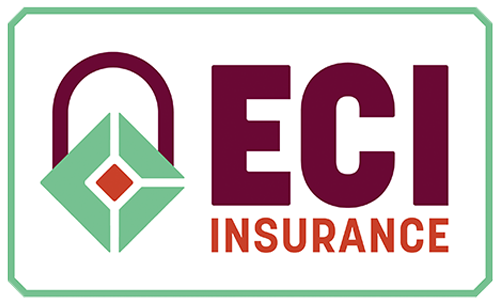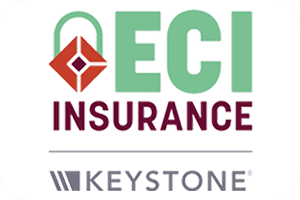As COVID-19 — also known as the Wuhan Coronavirus — spreads throughout the US, the resulting chaos is slowly emerging. Plummeting stocks, major sports cancellations, and quarantine are just some of the side effects that have the potential to bring our economy to a grinding halt — as the virus is not expected to peak until at least April 2020. As we see the seriousness of the virus grow and the World Health Organization declares this a global pandemic, small business owners are asking how they protect themselves and prepare for the unknown future. The biggest question many are wondering is if their insurance will help with this.
With anything in insurance, the answers can be confusing. All coverage is dependent on policy wording, so read carefully.
Business Interruption Coverage
Loss of income coverage is typically written as part of a Property policy. This will pay for income that you may miss out on as a result of a direct physical loss. An example of this would be if a fire burned your building to the ground, business interruption coverage would pay that loss of income for those months in which you cannot operate.
In order to trigger coverage, most policy wording demands that direct physical damage to the property. This means in order to claim the Business Interruption, first there must be a direct physical loss to the property in question. The coronavirus would most likely not constitute physical damage to property. So, the insured’s financial loss resulting from the inability from being able to operate, to supply a customer or a supplier being able to supply the insured due to the effects of COVID-19 would generally not be covered. (Each policy is different, so wording of each policy must be individually scrutinized.)
That being said, some courts, while not consistent across the US, have deemed that commercial property that becomes uninhabitable or otherwise not fit for use after having suffered the requisite physical loss could be covered — depending on the specifics of the policy. Under this reasoning, there could be a potential position that a property that becomes unusable due to the virus could fall within the scope of coverage.
Other Types Of Business Interruption
In addition to the loss of income coverage mentioned above, there are some other types that may apply. One type of business interruption coverage may apply when there is an interruption caused by a disruption to the business’ customers or suppliers. An example is if a key supplier is unable to provide essential supplies due to a covered cause of loss impacting the supplier’s property, then a policyholder may be able to recover for the resulting loss. Again, policy language is going to be very specific.
Other policies provide coverage for interruptions resulting from a “civil authority” prohibiting access to the insured’s premises as a result of damage to other property caused by a covered loss. Usually, we see this when local, state, or even federal governments close roads and leave businesses cut off from customers and their revenue due to a covered loss. Coverage of this sort could certainly apply as we see the government take more precautions.
Some policies expressly extend coverage to losses caused by “communicable or infectious diseases” without requiring physical damage to the insured’s property. Others will specifically exclude it. Much will depend on the wording of your policy, its exclusions/inclusions, and its interpretation.
General Liability
As the spread of the coronavirus increases, businesses could also face claims by infected guests that they allegedly failed to exercise reasonable care in guarding against, or warning of, the risk of exposure to coronavirus. This could be particularly true in the hospitality industry. General liability is meant to protect against third-party claims for bodily injury resulting from exposure to harmful conditions, commercial general liability (“CGL” or “GL”) insurance policies may respond with coverage for this, but often you may see exclusions for “communicable or infectious diseases.”
Workers Compensation
Workers compensation insurance policies generally cover occupational diseases and injuries, i.e., those that: (1) are due to causes and conditions that are characteristic of and peculiar to a particular trade, occupation, or employment; and (2) are not an ordinary disease to which the general public is equally exposed outside of employment.
There are, however, instances in which “ordinary diseases” may be covered if it is possible to establish a direct connection between the workplace and the circumstances through which the disease was contracted. For example, if an illness is triggered by an event at the workplace — and directly flows from the work that is being performed — it may be argued that the resulting disease has been the result of an accident causing bodily injury. The coronavirus is spread by respiratory droplets and is so highly contagious that health care workers are wearing full hazmat suits while treating those infected. Accordingly, if it is determined that an employee contracted the virus at work, it is quite likely that workers compensation insurance would respond to the injury. Of course, in such a situation, the business’ primary concern would be the protection of its employees and the public from any other contraction of the disease, with insurance issues to be resolved in due course.



